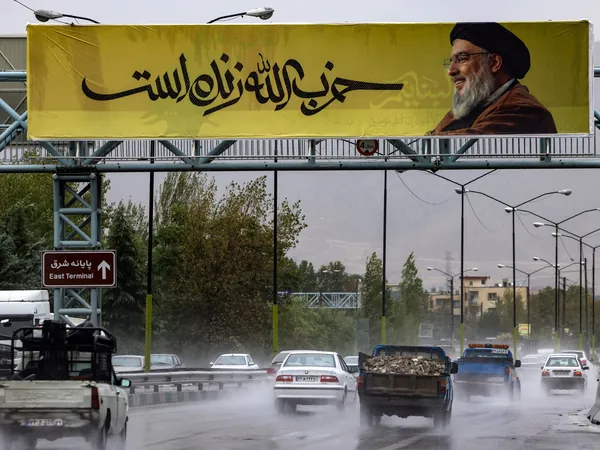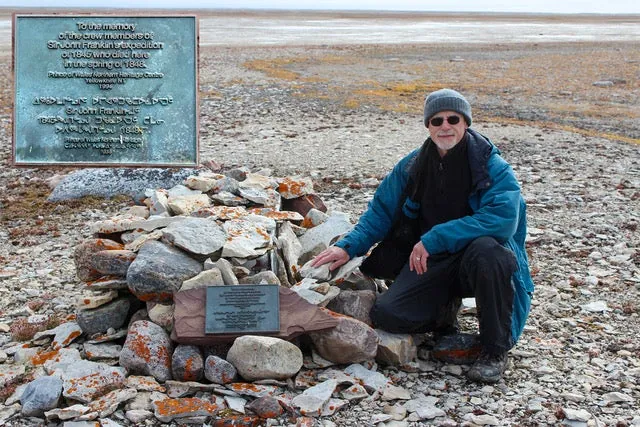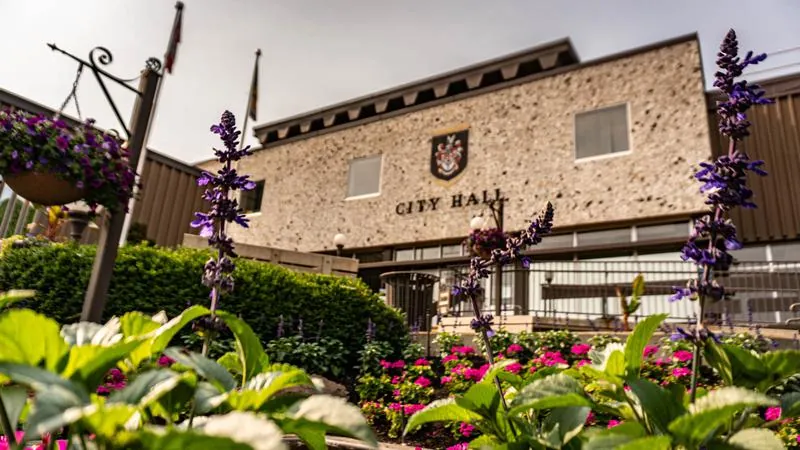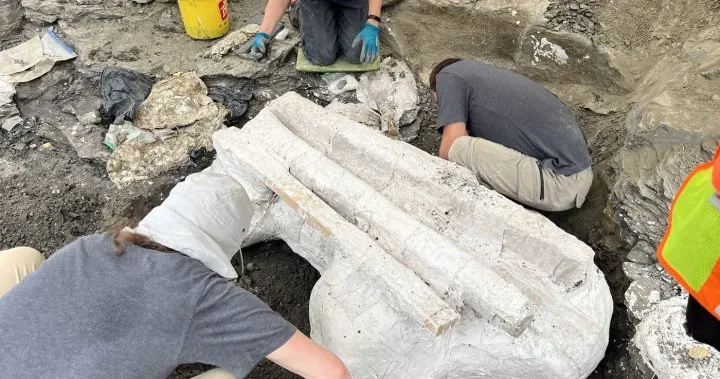
Global Outcry Following Israel's Assassination of Hezbollah Leader Hassan Nasrallah
2024-09-28
In a shocking turn of events that has the potential to escalate tensions in the Middle East, Hezbollah has officially announced the death of its esteemed leader, Hassan Nasrallah, following an Israeli airstrike on the group’s headquarters located near Beirut, Lebanon. With this act, Israel has taken one of its most significant military actions against Hezbollah in weeks of ongoing hostilities.
The airstrike, which occurred on Friday evening, reportedly targeted Nasrallah directly and resulted in significant collateral damage, destroying at least six residential buildings and contributing to a rapidly rising death toll in Lebanon. Since the beginning of this latest conflict, it has been reported that over 700 people have lost their lives due to Israeli strikes, with more than 50,000 fleeing to Syria to escape the violence.
Nasrallah had been the figurehead of Hezbollah for over three decades, having ascended to leadership in 1992 at the young age of 32, following the assassination of his predecessor by Israeli forces. He had maintained a low public profile since 2006, becoming a central symbol of resistance against Israeli actions in the region.
In the wake of Nasrallah’s death, Hezbollah released a statement declaring that their leader "has joined his fellow martyrs" and emphasized their commitment to continue their fight against what they termed an "enemy" in support of Palestine. There are widespread fears among analysts that Nasrallah's assassination could ignite a broader conflict in the region.
Reactions from across the globe have been swift and fervent. The Palestinian group Hamas denounced the attack as a "cowardly act of aggression" and expressed solidarity with Hezbollah, describing the assault as a blatant violation of international norms. Likewise, Palestinian President Mahmoud Abbas condemned the Israeli aggression and extended condolences to Hezbollah and the Lebanese people.
Iran's leadership has also voiced strong condemnation. President Masoud Pezeshkian remarked that the killing would only serve to strengthen the resistance movement and pointed towards perceived U.S. complicity in the attack. Supreme Leader Ayatollah Ali Khamenei declared five days of mourning for Nasrallah, urging Muslims worldwide to rise against Israel.
In Iraq, Prime Minister Mohammed Shia al-Sudani criticized the Israeli action as "shameful" and called Nasrallah a martyr. Influential Shia cleric Muqtada al-Sadr joined him in mourning, highlighting the regional solidarity in response to Nasrallah's death.
Turkey’s President Recep Tayyip Erdogan condemned Israel's actions as tantamount to genocide and called for a concerted international response. Furthermore, Yemen's Houthi rebels also expressed that this incident would galvanize their resistance against Israel.
International reactions were not confined to the Middle East. France voiced concerns over the potential destabilization of the region, with left-wing politicians decrying the assassination as a step toward broader conflict. Russia similarly condemned the act, warning of dire consequences for Lebanon and the Middle East at large.
As tensions mount following Nasrallah's assassination, questions loom over the future of Hezbollah, the broader resistance movement, and the Israeli-Palestinian conflict. Will this inciting event lead to a full-scale war, or will diplomatic efforts manage to quell the rising flames of violence? The world watches with bated breath, uncertain of what comes next in this increasingly volatile region.









 Brasil (PT)
Brasil (PT)
 Canada (EN)
Canada (EN)
 Chile (ES)
Chile (ES)
 España (ES)
España (ES)
 France (FR)
France (FR)
 Hong Kong (EN)
Hong Kong (EN)
 Italia (IT)
Italia (IT)
 日本 (JA)
日本 (JA)
 Magyarország (HU)
Magyarország (HU)
 Norge (NO)
Norge (NO)
 Polska (PL)
Polska (PL)
 Schweiz (DE)
Schweiz (DE)
 Singapore (EN)
Singapore (EN)
 Sverige (SV)
Sverige (SV)
 Suomi (FI)
Suomi (FI)
 Türkiye (TR)
Türkiye (TR)